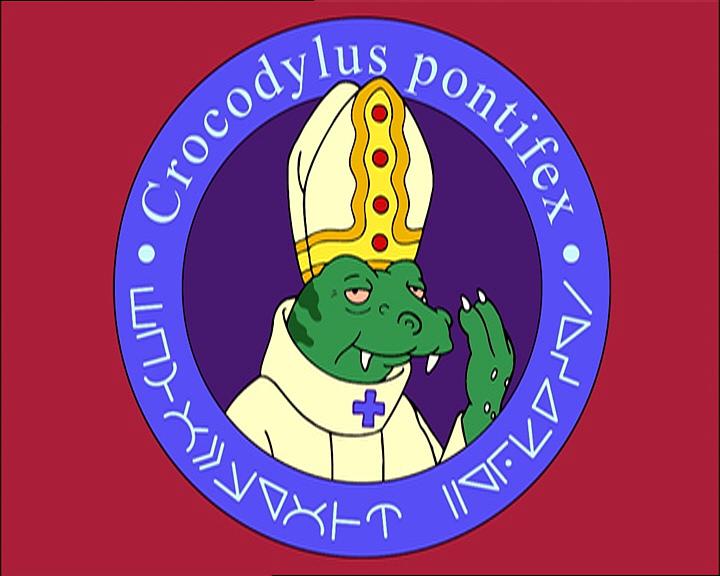Vatican says aliens could exist
Aliens could be out there, and believing that the universe may contain extraterrestrial life does not contradict a faith in God, the Vatican's chief astronomer says.
The vastness of the universe - with its hundred billion galaxies and trillions of stars - means there could be other forms of life outside Earth, even intelligent ones, the Rev Jose Gabriel Funes, a Jesuit who directs the Vatican Observatory, says.
"How can we rule out that life may have developed elsewhere?" Mr Funes said in an interview with Vatican newspaper L'Osservatore Romano, headlined: "The extraterrestrial is my brother."
"Just as there is a multitude of creatures on Earth, there could be other beings, even intelligent ones, created by God. This does not contradict our faith, because we cannot put limits on God's creative freedom," he said.
"Just as we consider earthly creatures as 'a brother' and 'sister', why should we not talk about an 'extraterrestrial brother'? It would still be part of creation."
The full-page interview - printed in a question-and-answer format - ranged from discussions about the relationship between the Roman Catholic Church and science, to the theological implications of the existence of alien life.
Mr Funes mused that aliens would not have been visited by Jesus, because his "incarnation was a unique and unrepeatable event". However, "I am sure that they too, in some way, would have the possibility to benefit from God's mercy".
Mr Funes said that science, especially astronomy, did not contradict religion, touching on a theme often dealt with by Pope Benedict XVI, who has made exploring the relationship between faith and reason a key aspect of his papacy.
The Bible "is not a science book" and looking for scientific facts on the universe and its origin does not cast doubt on God's role in its creation, Mr Funes says.
As an example, he said he believed the Big Bang theory was the most "reasonable" explanation of the creation of the universe. The theory says the universe began billions of years ago in the explosion of a single, super-dense point that contained all matter.
Aliens could be out there, and believing that the universe may contain extraterrestrial life does not contradict a faith in God, the Vatican's chief astronomer says.
The vastness of the universe - with its hundred billion galaxies and trillions of stars - means there could be other forms of life outside Earth, even intelligent ones, the Rev Jose Gabriel Funes, a Jesuit who directs the Vatican Observatory, says.
"How can we rule out that life may have developed elsewhere?" Mr Funes said in an interview with Vatican newspaper L'Osservatore Romano, headlined: "The extraterrestrial is my brother."
"Just as there is a multitude of creatures on Earth, there could be other beings, even intelligent ones, created by God. This does not contradict our faith, because we cannot put limits on God's creative freedom," he said.
"Just as we consider earthly creatures as 'a brother' and 'sister', why should we not talk about an 'extraterrestrial brother'? It would still be part of creation."
The full-page interview - printed in a question-and-answer format - ranged from discussions about the relationship between the Roman Catholic Church and science, to the theological implications of the existence of alien life.
Mr Funes mused that aliens would not have been visited by Jesus, because his "incarnation was a unique and unrepeatable event". However, "I am sure that they too, in some way, would have the possibility to benefit from God's mercy".
Mr Funes said that science, especially astronomy, did not contradict religion, touching on a theme often dealt with by Pope Benedict XVI, who has made exploring the relationship between faith and reason a key aspect of his papacy.
The Bible "is not a science book" and looking for scientific facts on the universe and its origin does not cast doubt on God's role in its creation, Mr Funes says.
As an example, he said he believed the Big Bang theory was the most "reasonable" explanation of the creation of the universe. The theory says the universe began billions of years ago in the explosion of a single, super-dense point that contained all matter.






Comment